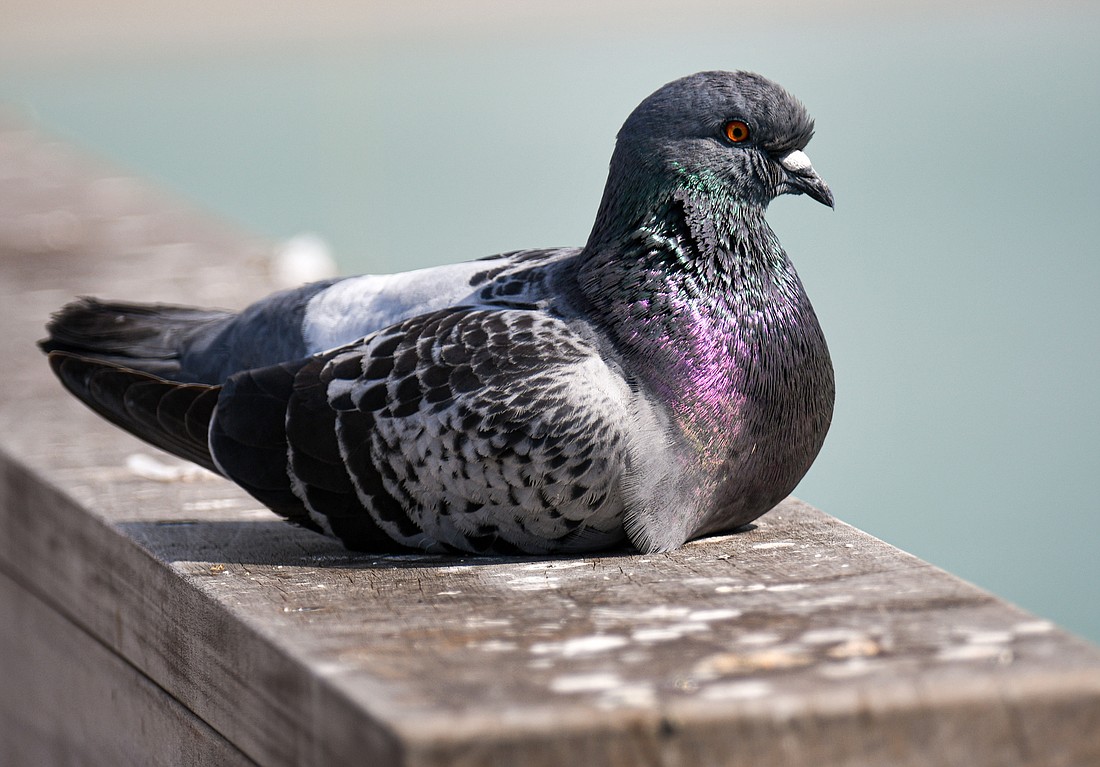- February 5, 2026
-
-
Loading

Loading

Native to Europe, North Africa and parts of Asia, rock pigeons (commonly called pigeons) are descendants of escaped domesticated birds that arrived in North America with English colonists in the early 17th century. For most of recorded human history, pigeons were kept for food, as pets, and used as messengers. In fact, the earliest reference to using pigeons to carry messages dates back to 2500 B.C.
Pigeons became popular as messengers because of their speed, incredible sense of direction, and natural homing instincts. Using the sun’s position to direct themselves, or by tuning in to the earth’s electro-magnetic fields for orientation, they are able to quickly find their way home. It is thought that this homing ability evolved to help them find their own nests on cliffs covered with large colonies of similar looking nests.
Their earliest known military use was by the Romans more than 2,000 years ago. And the US Army pigeon service, established in 1917, was credited with saving thousands of soldiers' lives in both world wars. Although the demand for trained messenger birds has declined, pigeons are still bred, raised, and trained to compete in long distance races, sponsored and monitored by dedicated pigeon enthusiasts.
Feral pigeons are considered an exotic species in the United States. But, as they've adapted to feed, roost and nest in human-altered landscapes, using window sills, roofs and bridges in place of natural cliffs and caves, these intelligent, community-oriented birds do not appear to have negative effects on native bird species.
In fact, as they're common prey for endangered raptors, such as peregrine falcons, pigeons have actually aided in restoring critical population numbers of native species in many areas.
Save our Seabirds is a non-profit organization whose mission is to rescue and rehabilitate sick and injured birds, releasing as many as they can, while educating our community about avoiding injuries and preserving habitats.